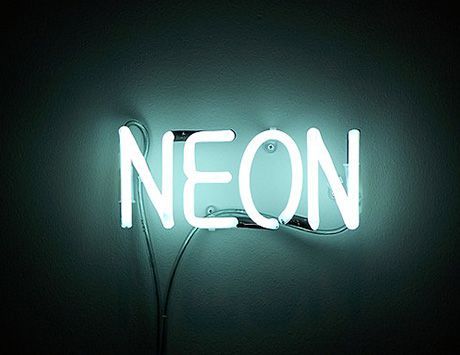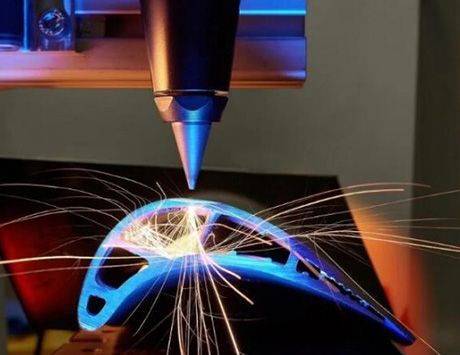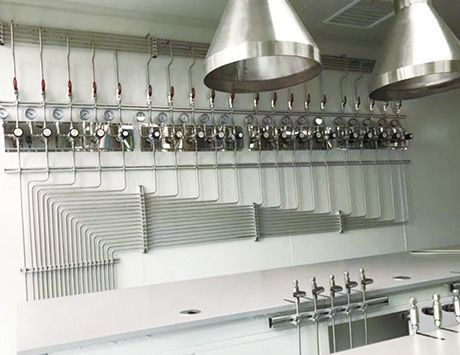| CAS NO | 7440-01-9 |
| UN NO | 1065 |
| EINECS NO | 231-110-9 |
| Molecular weight | 20.1797(6) |
| Appearance | Colorless, odorless |
| Melting point | -248.6 ℃ |
| Boiling point | - 245.9℃ |
| Density | 0.9002 g/L |
| DOT Class | 2.2 |
| Label | Non-flammable Gas |
Neon is a colorless, odorless, non-flammable noble gas. Of all the noble gases, the discharge of neon is the strongest at equal voltages and currents.
Neon is the third most abundant element in the Earth's crust, after argon and helium, but it is the most abundant element in the atmosphere. Its content in the atmosphere is about 18.2 cubic centimeters in 1 cubic meter of air. At normal pressure, neon liquefies at -246.05°C and freezes at -248.6°C. Neon is obtained as a by-product from the atmosphere in the form of a neon-helium mixture during cryogenic rectification separation. The pure components neon (Ne) and helium (He) are extracted from the resulting neon-helium mixture by several methods:
1. Adsorption method, based on the ability of neon, unlike helium, to be adsorbed on activated carbon cooled with liquid nitrogen;
2. Condensation method, based on the freezing of neon when the mixture is cooled with liquid hydrogen;
3. Rectification method, based on the difference in boiling points of helium and nitrogen.
Application:
Filling gas discharge lamps, signal lamps in radio technical equipment, photocells, rectifiers: neon lights are used for signaling purposes in lighthouses and airports, they indicate the tops of high-rise buildings and television towers because their red color is very weak scattered by fog, filled with neon gas and Tubes of nitrogen mixtures glow orange-red when discharged and are widely used in advertising;
A mixture of neon and helium is used as a working medium for gas lasers (helium-neon lasers);
Liquid neon is used as a refrigerant in cryogenic systems;
The neon in the neon-helium mixture is used by divers for breathing, and people work under high pressure to avoid gas embolism and nitrogen narcosis. shipping requirements,
We offer gaseous and Neon chemical Gas in a variety of sizes to meet your precise application needs.

Fill medium for neon lights

For laser technology, laser gas

Industrial gases are used in a wide range of industries, which include oil and gas, petrochemicals, chemicals, power, mining, steelmaking, metals, environmental protection, medicine, pharmaceuticals, biotechnology, food, water, fertilizers, nuclear power, electronics and aerospace.
Copyright:@2020-2021
Comments Please sign in or sign up to post.
0
0 of 500 characters used